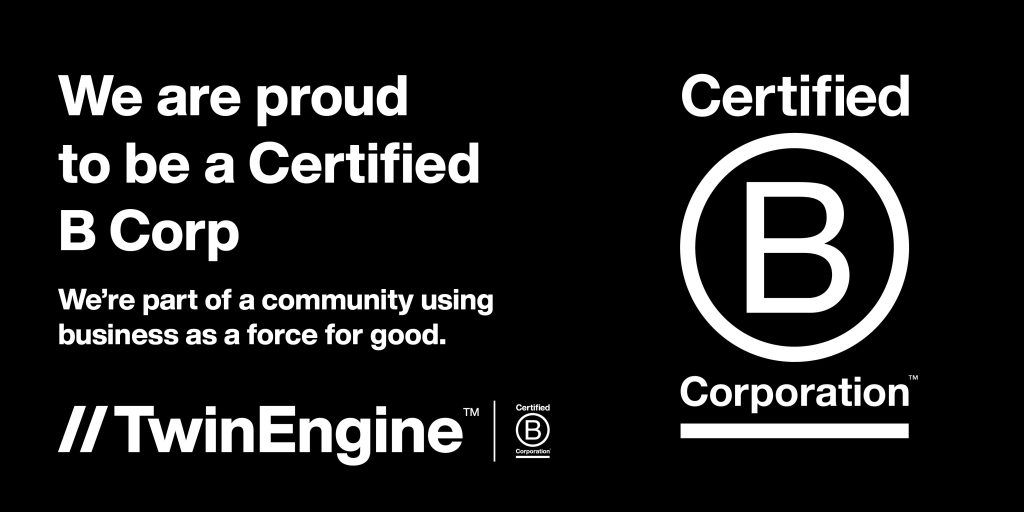Under the traditional business model, business strategies and marketing strategies were often separate and did not always interact or support one other. Ideally, when a company is working from its purpose, marketing and business strategies work hand-in-hand. Like purpose, they are integrated and communicated across the entire organization. When companies invest the time to align their brand, strategy and purpose, they build the foundation for successfully staying on course.
While formulating and adjusting strategy is an ongoing requirement of good management, it will be wasted effort without a plan that defines the steps and actions needed to accomplish the goals and to orchestrate their implementation. Even so, many companies do not spend the time required on the front end to schedule initiatives, assign roles and accountability and set up interim check-ins to determine how the plans are evolving toward completion. While long-term strategy may be fluid and subject to such things as market and price changes, the entry of new competitors into the market and even innovations, short-term initiatives can provide the flexibility to accommodate change while achieving interim objectives.
When you put your plan in writing, you can refer to it later and use it as a baseline from which you can measure progress. If it’s not written down, you can forget steps or parts that are crucial to where you want to go.
Think about how many times you use the word “plan” in your day. “I plan on doing (blank).” “Our plans include…” “What are you planning for (blank)?” We use the word so much that many people forget the importance of the actions required to bring the plan to life.
Challenges occur in every industry. Wouldn’t you rather be prepared for them? By creating a plan, you can respond to challenges that arise in real time. When developing your plan it’s important to include “what-if” scenarios. Stuff happens—things that are unexpected such as ups and downs in the market or the economy, changes in industry standards and environmental factors.
Planning ahead gives you time to adjust your plan on your schedule at your convenience rather than frantically altering your plan to adapt to changing circumstances. Updating and revising your plan regularly is important. Through planning, you are able to see what next steps should be taken in your business and make adjustments to stay on course.
Planning empowers you to:
- Be proactive
- Have time to adjust
- Improve performance
Download the Brand Traffic Control One-Page Marketing Plan. This plan of action combines discovery and strengthening of the 8 fundamentals of standing out in business with building of a high level plan that can be measured.
Remember that your level of performance depends on your level of preparedness.
Is your marketing strategy aligned with your organization’s goals? Take the Brand Traffic Control Assessment and find out.


